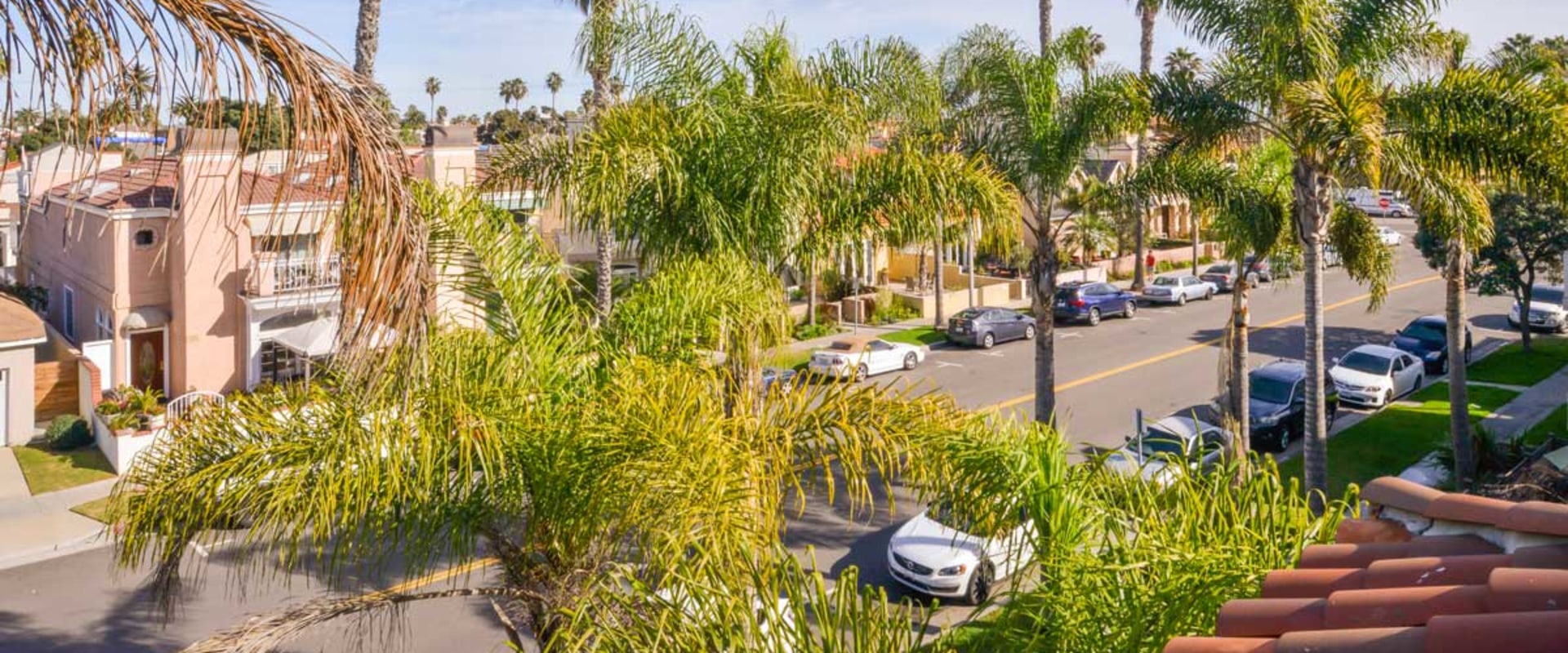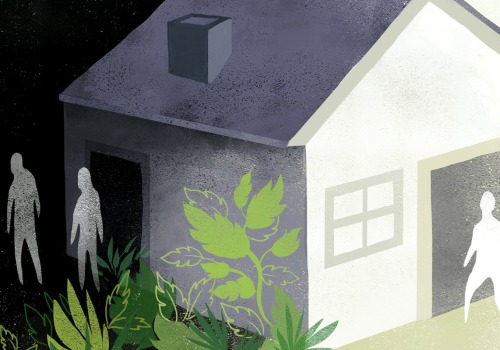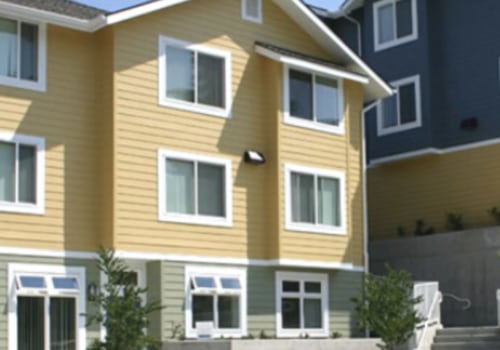It is essential to understand that while sober living environments or alcohol-free and drug-free housing do not require a DHCS license, there are important considerations and planning steps involved in establishing a sober living home in California. They may be subject to other types of permits, authorizations, business taxes, or local fees that may be mandated by the cities or counties in which they are located. Certain types of sober living homes may be subject to different regulatory requirements, so understanding these distinctions is crucial. Some counties in California have implemented certification programs for sober households that apply for county grants. These requirements could include regular home inspections, front yard smoking bans and talking loud and vulgar, and a policy of promptly dealing with neighbor complaints. Operators may face challenges in meeting these requirements, which makes careful planning and awareness of legal and operational considerations essential. Interestingly, other cities and counties with sober living ordinances, such as Newport Beach, Huntington Beach, Costa Mesa, Laguna Niguel, Yucaipa and Fresno, as well as Orange, Los Angeles, San Bernardino, Kern and Sacramento counties have not yet received similar letters from the Department of Housing and Community Development.
When selecting a sober home for your loved one, it is important to take a moment to make sure they have the proper accreditation and licenses needed to legally run a drug and alcohol addiction treatment facility. Location and property considerations are key factors when choosing or establishing a sober living residence, as they impact regulatory compliance and the overall environment for residents. The city of Encinitas watched, and waited, for five years as the city of Costa Mesa waged a fierce and costly legal battle to regulate sober homes. This implies that sober living facilities that provide post-treatment care do not require a state license application. Sober living homes play a vital role in providing post rehab support and facilitating the transition to independent living for residents. This may limit the number of sober living facilities that can be found in a given area, as well as the number of beds available to people in recovery.
In Huntington Beach, the city will deny permits to sober home operators who have been sober for less than a year. The state demanded that Encinitas take immediate steps to repeal its sober living law or face the loss of millions in housing funds and perhaps a legal battle with the Attorney General. For this reason, it is essential to ensure that your sober home does not offer any services that could be interpreted as an addiction treatment service. It is important to focus on providing peer support and a supportive residence for residents, rather than clinical services, to maintain compliance. The bill would also prohibit any former owner of an addiction treatment center who lost their licenses from opening homes to live sober.
Then, last year, when Costa Mesa achieved victories in state and federal courts, Encinitas came into action, adopting sober rules of life that were remarkably similar to those of Costa Mesa. Rising awareness of addiction recovery needs has led to the development of more group homes and sober living residences across California. It also creates what the state calls “an onerous permit requirement that jeopardizes the financial viability of the group.” Sober living households and households by requirements that include, but are not limited to, 24-hour on-site management. The success of a sober living home depends on careful planning, achieving compliance, and addressing the needs of each resident. In some cases, you may be able to call your local state agencies and find out if the sober housing you are considering is up to date with their licensing regulations. A site visit may be required to verify compliance and property standards. She points to the experience of Newport Beach, which more than a decade ago became the first city to draft rules for sober living homes.
And the city’s so-called good neighborliness policy requires sober housing operators to report neighbors within 500 feet, which could stigmatize sober patients at home and assume they will be bad neighbors, city officials said in recommending the ordinance’s demise so soon after its adoption. Sober Living Network, for example, has been accrediting homes in Southern California for more than 20 years. The network has developed standards to help operators achieve success and maintain quality in their sober living homes. According to the DHCS, “If a sober living facility provides only one of these services, it must be classified as a residential program and must obtain a valid license from DHCS.” Group homes and sober living homes may have different licensing requirements depending on the services offered, so it is important to understand these distinctions when planning and establishing a facility.
Role of Accreditation in Licensing
Accreditation holds a vital role in the landscape of sober living homes in California, especially when it comes to meeting licensing requirements and ensuring compliance with regulatory standards. While not all sober living homes are required to be licensed by the state, obtaining accreditation is an essential step for facilities that want to establish credibility, maintain high safety standards, and foster positive community relations.
For a sober living home, accreditation is more than just a badge of honor—it is a clear signal to residents, neighbors, and the broader community that the facility is committed to providing a supportive environment for individuals recovering from substance use disorders. Accredited sober living homes must develop and enforce comprehensive house rules, implement procedures to address concerns, and ensure that their operations align with the expectations set by the California Department of Health Care Services (DHCS) and other regulatory bodies.
The process of accreditation involves a thorough review of a facility’s policies, operations, and services. This includes evaluating how the sober living home supports residents’ independence, maintains a drug free environment, and provides access to health care services and resources. Accreditation also requires sober living homes to comply with zoning ordinances, safety standards, and other local regulations, which helps address concerns from neighbors and city officials about the impact of these facilities on the community.
One of the key benefits of accreditation is the increased trust it builds with both residents and the surrounding community. Accredited sober living homes are often seen as more reliable and better equipped to provide quality support for individuals on their recovery journey. This can lead to improved community relations, fewer complaints, and a smoother path to obtaining any necessary permits or business licenses.
Additionally, accreditation can open doors to additional resources and support, such as eligibility for certain grants or partnerships with treatment centers and health care providers. For sober living homes that cater to specific populations—such as those recovering from alcohol or drug addiction—accreditation demonstrates a commitment to specialized care and ongoing improvement.
In summary, while not every sober living facility in California is required to be licensed, pursuing accreditation is an essential consideration for those looking to establish a successful, reputable, and compliant operation. Accreditation helps sober living homes ensure compliance with regulatory requirements, maintain high safety and quality standards, and provide a supportive environment where residents can thrive. By understanding and embracing the role of accreditation, sober living homes can better serve individuals recovering from substance use disorders and contribute positively to their communities.




